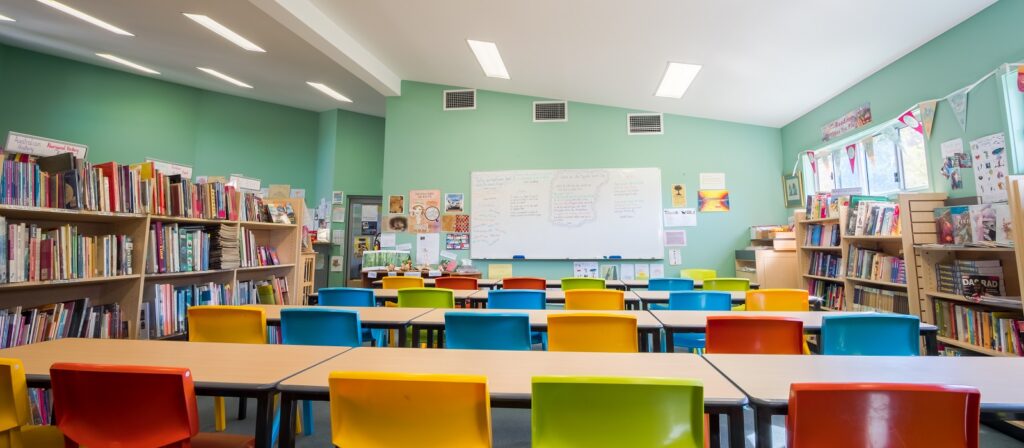According to recently published new research from ICMIF member and specialist insurer Ecclesiastical (UK), a survey of 112 independent school bursars across England and Wales highlighted that ‘becoming more sustainable’ is a priority. Three quarters (74%) agree that a carbon reduction programme will be part of their school’s marketing material for current and prospective parents. Many are already beginning to adapt, changing to LED lighting, undertaking boiler replacements and reviews, using Solar Photovoltaic (PV) and renewable energy, and installing electric vehicle (EV) charging on-site.
Ecclesiastical’s survey found that independent schools across the country are set to make significant investments into sustainable buildings and infrastructure in the coming years. The amount of planned investment to improve sustainability is higher in the next three and five years than in the next 12 months, with nearly two thirds (64%) planning to invest more than GBP 100,000 within the next five years.
However, according to the survey, less than a quarter (23%) of those who say improving sustainability is part of their five-year plan have informed their insurance company, with many saying it is too early in the project to need to inform their insurer. When considering a new school building or sustainability project, Ecclesiastical’s advice for schools is that it is important to consult all interested parties at the earliest stage.
Faith Kitchen, Customer Segment Director at Ecclesiastical Insurance, said: “It is encouraging to see independent schools in the UK showing increased concern for their environmental impact and wanting to carry out sustainable projects. A number of schools have already begun, or are at least planning, to introduce more day-to-day environmentally friendly initiatives. These include banning single use plastic, encouraging car sharing schemes for staff and introducing cycle to work schemes for them. When it comes to the more large-scale investment plans that independent schools have for the coming years, it is crucial they are receiving adequate risk guidance.
“We are passionate about supporting the education sector in its sustainability ambitions, although projects can present risks and challenges. We advise that schools consult all interested parties as early as possible. Involving brokers and insurers at the design and planning stage can help mitigate risks and they can advise on all protection measures needed. Such projects can also be costly, so schools may need to review their investment priorities in order to accommodate them.”
Ecclesiastical Insurance offers a range of risk management support and guidance to help independent schools manage the risks they face, including its Hub for Education**. The Hub provides a wealth of insight, information, tools and checklists to help education establishments become more resilient today for the challenges of tomorrow. It includes support and guidance on topics such as: fire and safety; health and safety; building services; security (including cyber security); and strategic risk.
*Online survey of 112 Independent Schools’ Bursars Association (ISBA) members completed in April 2022. The sample includes a mix of independent schools throughout England and Wales. Over a third (38%) of the sample have 750+ pupils with nearly two thirds (62%) offering combined pre prep, prep and senior school education. 43% are Grade II (Grade B) listed.
**The Hub for Education is available to Ecclesiastical education customers and independent schools only, access is given following a review of details provided.






